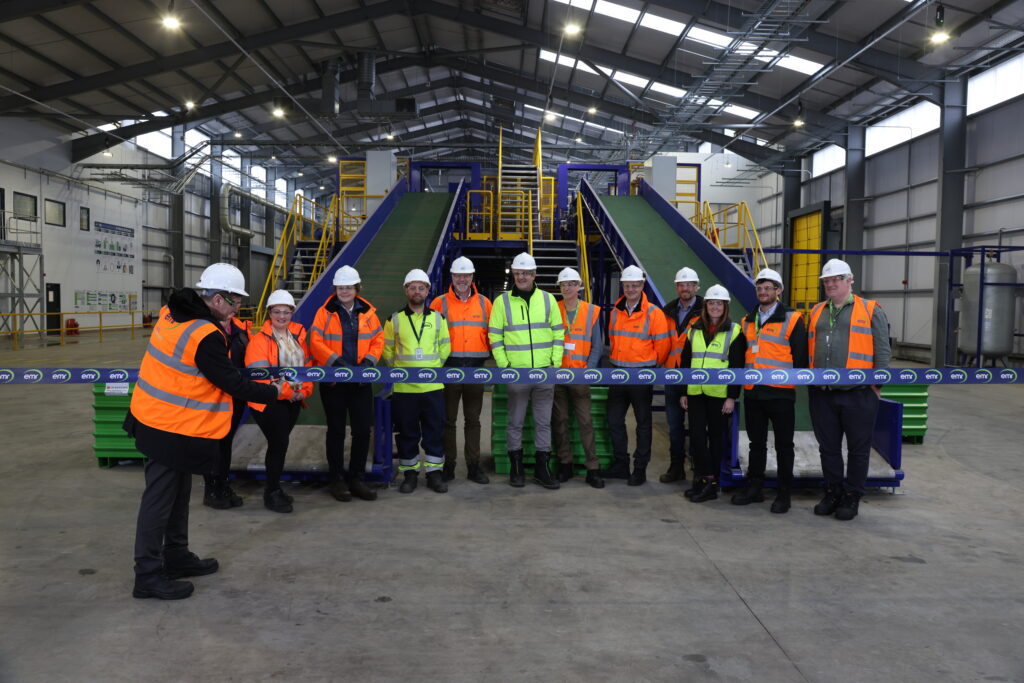The city in south Wales has added consumer batteries to newsprint, phone directories, glass, and textiles already collected at its Docksway civic amenity site. The new containers will take all household batteries including those containing nickel cadmium, zinc carbon, mercury oxide.
A spokesperson for Newport council, said: “We are aiming to offer full recycling facilities at the Dockway Civic Amenity site and have installed a battery bank to take a further step towards this target. Not to mention the fact that batteries are highly corrosive and difficult to dispose of and should be diverted away from the landfill wherever possible.”
The bins have not been used much yet in their first week of operation, but the council is expecting their use to pick up once the service has been promoted locally.
The spokesperson said: “We will be expecting the battery bank usage to take off when it has been publicised through our council magazine, the local newspaper and our marketing literature. Usage has been low in these initial weeks due to limited awareness, but as the word spreads we are expecting more people to drop off their batteries.”
The household batteries are taken by Wolverhampton-based G&P; Batteries for sorting and bulking before being recycled abroad. There are now no reprocessing plants in the UK, following the closure of the Britannia Zinc plant.
Michael Green, managing director of G&P;, said: “G&P; offers a service of being able to collect and sort and then have recycled any waste battery type. We have contracts for all battery types but one, and that one type is only a very small proportion of the battery stream.”
Expensive
At the moment battery recycling is very expensive, Mr Green told letsrecycle.com, and although many local authorities are interested in collecting batteries for recycling the cost is prohibitive, especially for portable batteries.
G&P; Batteries recycles over 30,000 tonnes of batteries a year, of which most are lead acid batteries, such as car batteries, but less than 1,000 tonnes of this are non-lead acid batteries used in domestic gadgets, toys or the like.
“The UK does very well at collecting and recycling its lead acid batteries, with a recycling rate in excess of 90%,” said Mr Green, “But for non-lead acid batteries it is less than 1%.”
He added that G&P; are continually looking to encourage and increase battery recycling and to reduce the cost especially for household batteries.
In November 2003, the European Commission adopted a proposal for a new Battery Directive, which will require the collection and recycling of all batteries placed on the EU market (see letsrecycle.com story).
The proposal should eventually make manufacturers financially responsible for the recycling of batteries, but the Directive is not expected to become European law until later this year.










Subscribe for free